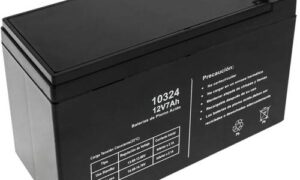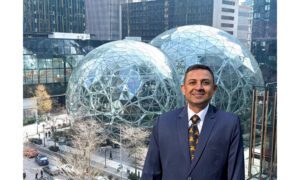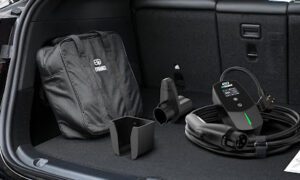Tesla, an Elon Musk-owned company, intends to create four new iterations of its internal battery to power the Cybertruck, its upcoming robotaxi, and other electric cars, as reported by the Information.
TakeAway Points:
- Tesla intends to create four new iterations of its internal battery to power the Cybertruck, its upcoming robotaxi, and other electric cars.
- According to a report last year, the company has also been trying to scale production of dry-coated version of the 4680 cells but has been struggling with the speed at which they can make the batteries.
- Meanwhile, on Thursday, the US extended an offer to EVgo for a conditional loan guarantee of up to $1.05 billion to support the nationwide expansion of public electric car charging infrastructure, part of which will be located in underserved metropolitan regions.
Tesla to create new batteries in 2026
The Elon Musk-led firm currently sources most of its EV batteries from other companies, including Panasonic Energy and LG Energy but has been trying to ramp up production of its 4680 battery cells in the United States to lower costs and boost margins.
The development of the 4680 battery has been facing troubles, with the company losing 70% to 80% of the cathodes in test production compared with conventional battery makers, which lose fewer than 2% of their components to manufacturing defects, the report said.
Cathodes, a key part of the battery, help in creating energy that propels an EV.
The company has also been trying to scale production of dry-coated version of the 4680 cells but has been struggling with the speed at which they can make the batteries, as reported last year.
Tesla is planning to introduce the dry cathodes in Cybertruck batteries by the middle of next year, the Information report said, adding that the company plans to make between 2,000 and 3,000 Cybertrucks a week using the dry-coating technology.
By 2026, Tesla plans to introduce four versions of the 4680 that use the dry cathode, one of which, code-named NC05, will power the robotaxi, according to the report.
The EV maker is expected to unveil its long-awaited robotaxi product next week as it looks to shift its focus to AI-powered autonomous technology amid slowing demand for battery-powered cars.
US offers EVGo conditional $1.05 billion loan for EV chargers
The United States on Thursday offered EVgo a conditional loan guarantee of up to $1.05 billion to expand public electric vehicle charging infrastructure across the country, some of which is in marginalized urban communities.
If finalized, the loan guarantee from the Loan Programs Office (LPO) at the Department of Energy will support EVgo’s deployment of about 7,500 public stalls with high power chargers that can power two EVs simultaneously at nearly 1,100 stations.
The financing should help EVgo, which has a high cost of capital, compete with Tesla’s network of chargers, Jigar Shah, the head of the LPO, said.
“The key is helping the company really achieve far higher customer service scores, which will mean that more people want to charge there, and it’ll mean that they’ll be able to pay back our loan faster,” Shah said. EVgo, which is not yet profitable, currently has more than 3,500 fast charging stalls.
It was the first financial aid for an EV charger company from the LPO and comes from the office’s innovative clean energy program, which has about another $70 billion of loan authority.
The EVgo chargers, meant to be built over five years, will complement a federal program created in 2021 that aims to put chargers every 50 miles (80 km) on highways, Shah said. That federal grant program has been criticized for slow progress.
More than 40% of the 350 kilowatt EVgo fast chargers, which are designed to charge all EVs, are planned to be built in disadvantaged communities where the company believes they will be used by car-share services and individual car owners alike.
“They’re ideally suited to those individuals who don’t have access to a private driveway,” EVgo’s CEO Badar Khan said. “It’s a key aspect of our business to provide access to clean air through transport electrification to those that don’t have charging at home.”
The announcement “is a meaningful mile-marker as the private sector sprints to build the infrastructure to meet consumer demand,” said Ali Zaidi, the White House national climate advisor.
“This partnership will help us continue to accelerate expansion from coast to coast.”



































